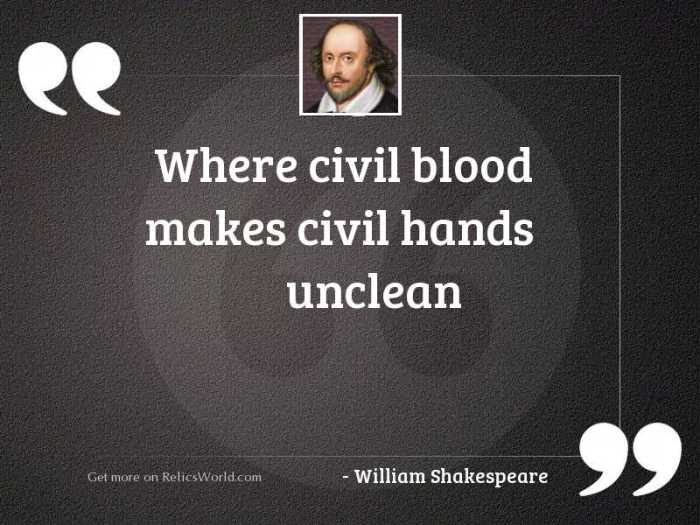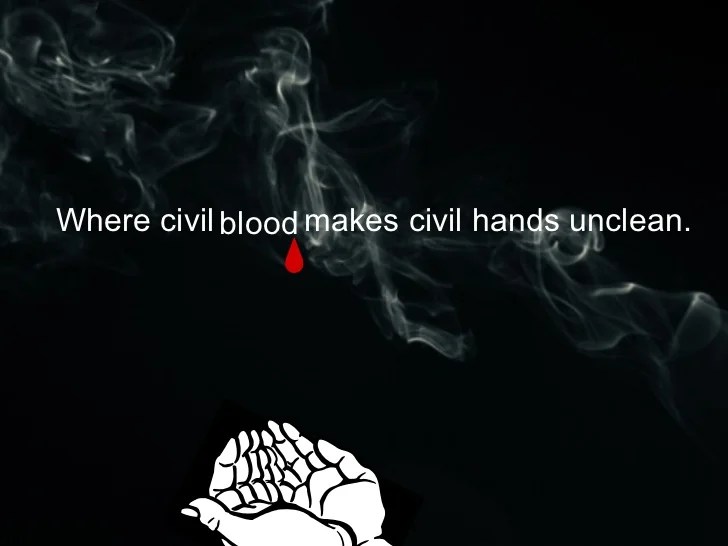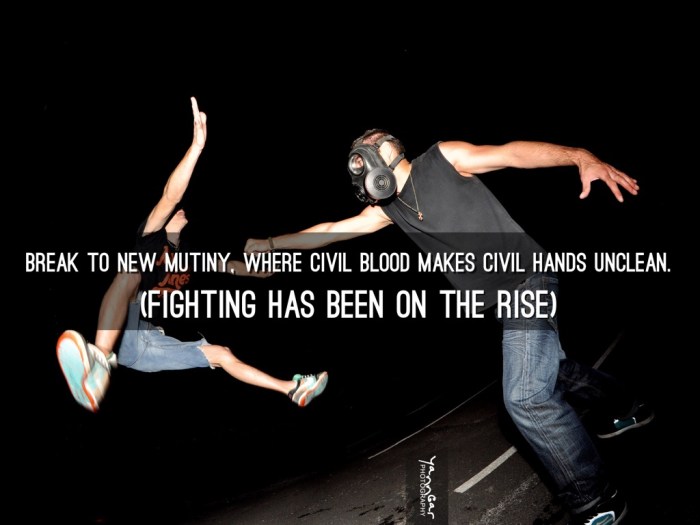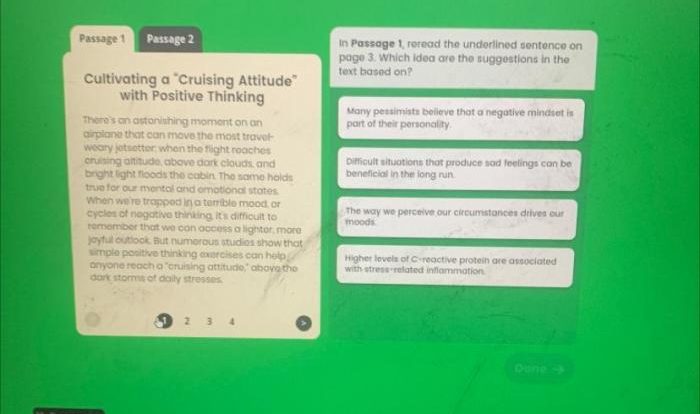Where civil blood makes civil hands unclean meaning – Where civil blood makes civil hands unclean is a phrase that has resonated throughout history, capturing the tragic consequences of internal conflict and violence. Its origins can be traced back to the tumultuous events of the English Civil War, where brother turned against brother in a bloody struggle for power.
In William Shakespeare’s timeless tragedy Romeo and Juliet, the phrase takes on a profound significance, underscoring the devastating impact of societal divisions and the senseless loss of life that ensues.
Historical Context: Where Civil Blood Makes Civil Hands Unclean Meaning

The phrase “civil blood makes civil hands unclean” originated in the tumultuous 16th century England during the Wars of the Roses, a series of civil wars fought between the House of York and the House of Lancaster for the English throne.
The phrase reflects the profound consequences of internal conflict and the destructive impact it has on individuals and society.
One notable example is the Battle of Towton (1461), one of the bloodiest battles in English history, where over 28,000 soldiers were killed. The battle’s brutality and the resulting loss of life horrified contemporaries and cemented the phrase’s association with the horrors of civil war.
Literary Analysis

The phrase appears prominently in William Shakespeare’s tragic masterpiece, “Romeo and Juliet,” in Act 3, Scene 1. Romeo, consumed by grief and anger after killing Tybalt in a duel, laments:
“O, I am fortune’s fool!” he cries. “Civil blood makes civil hands unclean.”
In this context, the phrase encapsulates the devastating consequences of Romeo’s actions. By killing Tybalt, a member of the rival Montague family, Romeo has not only stained his own hands but also escalated the feud between the two families, leading to further bloodshed and tragedy.
Figurative Meaning

Beyond its historical and literary significance, the phrase “civil blood makes civil hands unclean” carries a profound metaphorical meaning. It represents the inherent violence and brutality that can arise within societies, communities, and even within individuals.
The “civil blood” symbolizes the bonds of kinship, friendship, and trust that are broken in the face of conflict. When these bonds are severed, it creates a cycle of violence that perpetuates itself, leaving a lasting stain on the perpetrators and the society as a whole.
Ethical Implications
The phrase raises important ethical questions about the nature of violence and its impact on individuals and society. It challenges the idea that violence can be justified in any circumstance, especially when it occurs within one’s own community or nation.
The phrase also highlights the importance of reconciliation and forgiveness in the aftermath of conflict. By acknowledging the shared responsibility for the violence that has occurred, individuals and societies can begin to heal the wounds and build a more just and peaceful future.
Cultural Impact

The phrase “civil blood makes civil hands unclean” has had a lasting impact on Western culture. It has been referenced in countless works of literature, art, and popular culture, serving as a reminder of the destructive power of internal conflict.
In contemporary times, the phrase has been invoked in discussions about civil unrest, terrorism, and other forms of violence within societies. It continues to resonate with audiences today, reminding us of the urgent need for dialogue, reconciliation, and peaceful resolution of conflicts.
FAQ Insights
What is the historical context of the phrase “where civil blood makes civil hands unclean”?
The phrase emerged during the English Civil War, a conflict that pitted brother against brother in a struggle for power.
How does the phrase appear in Shakespeare’s Romeo and Juliet?
In Romeo and Juliet, the phrase is uttered by Friar Laurence, who laments the tragic deaths of the young lovers, victims of societal divisions and feuding families.
What is the metaphorical significance of the phrase?
The phrase represents the consequences of internal conflict and violence, suggesting that bloodshed within a society taints and corrupts its citizens.
What are the ethical implications of the phrase?
The phrase raises questions about the nature of violence and its impact on individuals and society, highlighting the need for peaceful resolutions and ethical conduct.
How has the phrase influenced cultural discourse?
The phrase has been used in art, literature, and popular culture throughout history, reflecting its enduring relevance and resonance with audiences.
